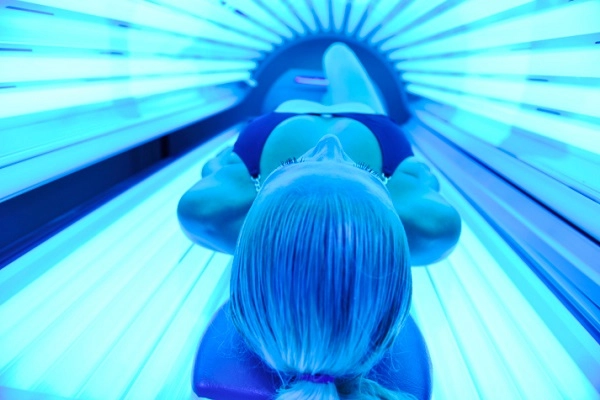Indoor tanning linked to deadliest skin cancer in women


Of the various types of skin cancer, untreated melanoma is the deadliest. Melanoma appears as a mole or dark spot on the skin and grows quickly to other parts of the body.
“If you catch melanoma early and treat it, you can be cured,” said Nancy Boutin, MD, medical director of the Salem Cancer Institute. “If you have a mole that is asymmetrical, has an erratic border, has various shades of color, roughly 6 millimeters, or looks different from other moles or spots on your body, talk with your primary care provider or dermatologist.”
A recent study by researchers at the University of Minnesota found that if you use, or have used, an indoor tanning bed, you are two to six times more likely to develop melanoma than those who did not.
Women under 30 who used indoor tanning beds were six times more likely to have been diagnosed with melanoma than women who reported no use. In addition, the major site of melanoma diagnosis has changed from the head and neck to the trunk in younger women, consistent with a link in the rise of melanoma and the use of tanning beds.
“You really need to ask yourself if using a tanning bed is worth a higher risk of skin cancer,” Dr. Boutin said.
According to the American Cancer Society, the rates for melanoma have been rising for 30 years. Melanoma accounts for 1 percent of skin cancer cases but cause a large majority of skin cancer deaths. The average age at the time it is found is 62, but is one of the most common cancers among women younger than 30.
“What we really need to keep in mind is protecting our skin,” Dr. Boutin said. “The damage from ultraviolet exposure is cumulative. You may not notice a medical concern in the short term, but you are increasing your risk long term.”
Check yourself for unusual moles regularly and see your primary care provider if you have any concerns. The sooner skin cancer is treated, the better your chance of recovery.